#WeAreEmoryEpi: Meet Paige Harton
Category : #WeAreEmoryEPI
Paige is a second-year Master’s student interested in emerging infectious diseases and public health preparedness, and during the pandemic she has been working with Dr. Allison Chamberlain. We chatted with her about her project with Dr. Chamberlain and more!
Tell us a little bit about your academic history/where you went to school.
I graduated from Kansas State University in December 2015 with a B.S. in Psychology and a minor in Spanish. I currently am second year EPI MPH student planning to graduate this coming May.
What are your primary research interests?
I am primarily interested in emerging infectious diseases and public health preparedness.
How have you been navigating the work (& learn) from home experience during the COVID-19 outbreak?
Having a designated study space in my apartment has really helped adjust to the primarily remote working and learning environment. I also make a concerted effort to talk a walk in the park near our apartment as many days as possible.
Are there any exciting projects that you are currently working on that you’d like to share with us?
I am currently working with Dr. Allison Chamberlain on a survey of Georgians regarding their perceptions of masks, testing, and a potential COVID-19 vaccine. I am excited to analyze this data for my thesis project!
What is your favorite part about earning your MPH at Emory?
From the faculty and staff to the fellow students I have gotten to know, the people have truly been the best part of my experience at Emory. The collaborative environment has allowed me to grow both personally and professionally.
What advice do you have for 1st year MPH Students?
Try everything! If you think you may be interested in something, try it out! You won’t know until you do, and it could lead you to pursue a career in a focus area you hadn’t previously considered.
What books are you currently reading, or what podcasts are you currently listening to?
I have just started “Where the Crawdads Sing” by Delia Owens, and I am usually catching up on the “Crime Junkie” podcast.
What are three fun facts that you want people to know about you?
1) My husband, Gordon, and I adopted an Australian Shepherd puppy named Duke at the beginning of the pandemic!
2) I love to bake, especially when I’m stressed. So if you’re in the market for baked goods, I’m your girl.
3) I’m left-handed, and in my immediate family 3/6 of us are left-handed.
Thanks again to Paige for introducing herself! Check back next week for another #WeAreEmoryEPI feature!
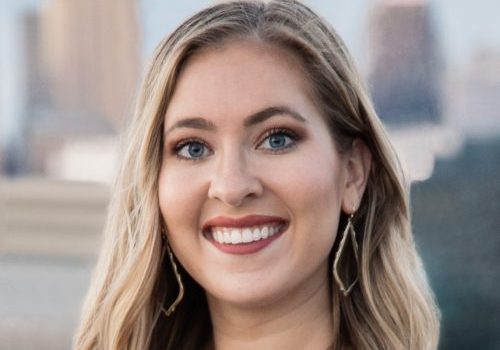
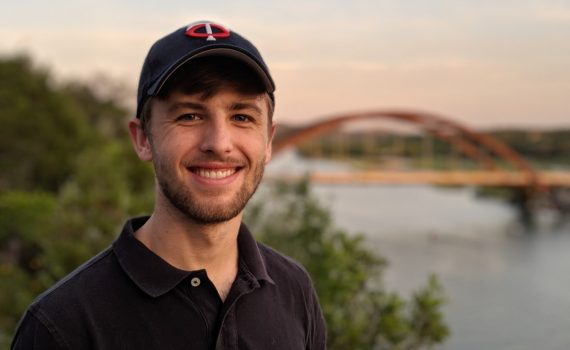
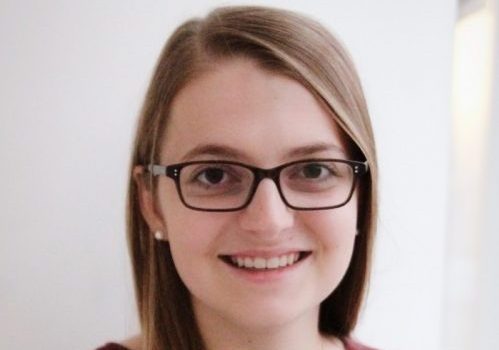
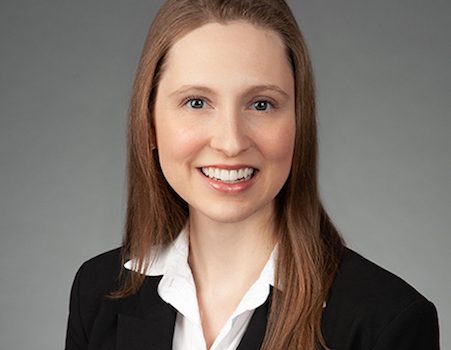
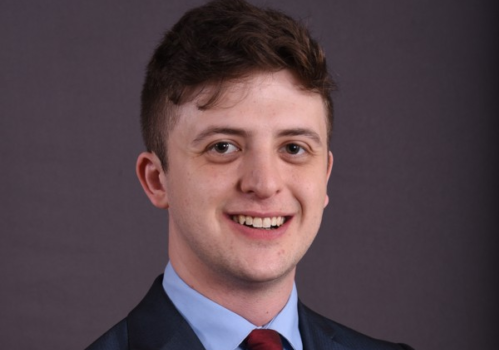
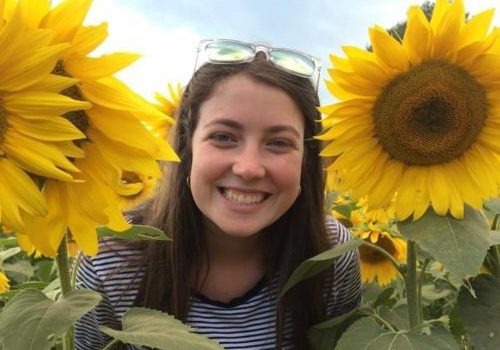
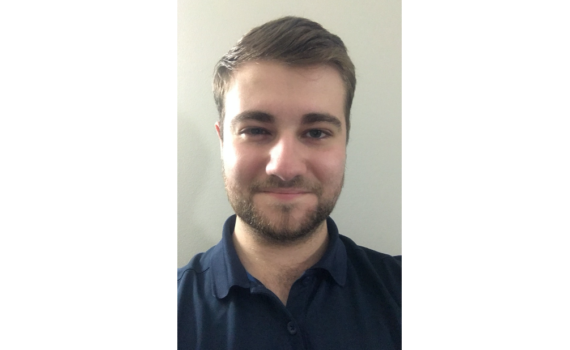
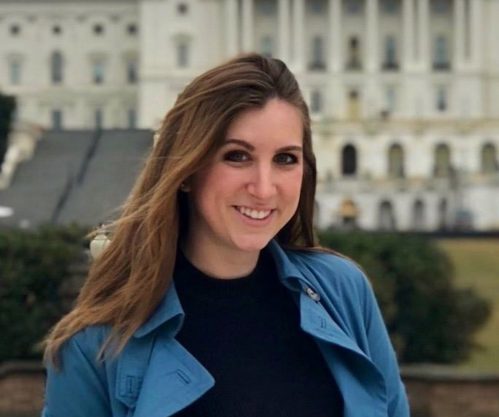
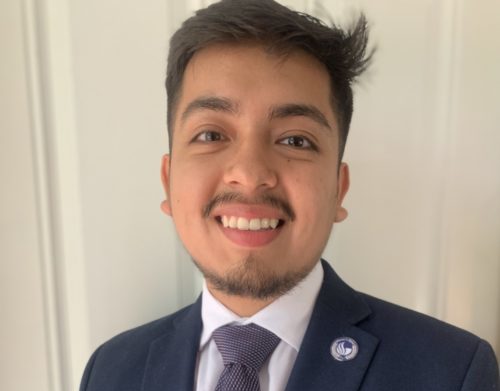
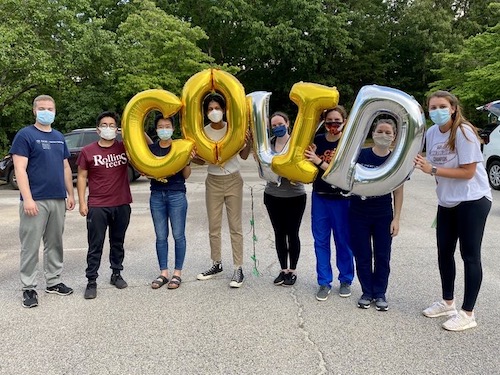
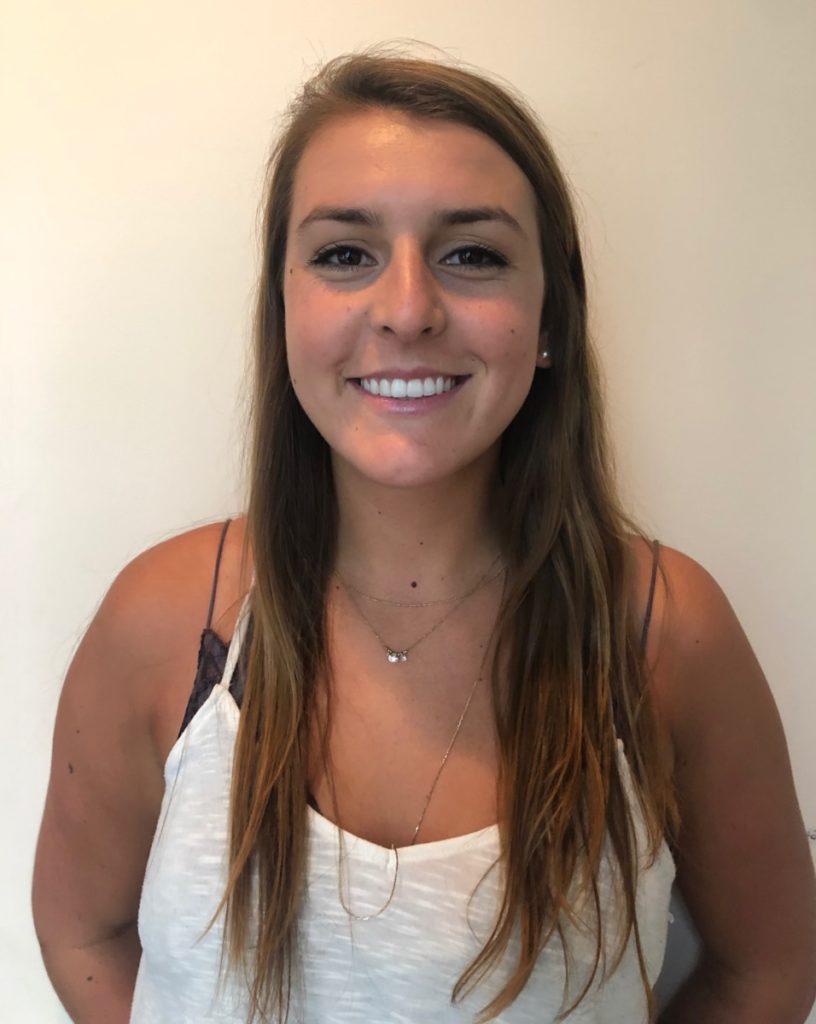
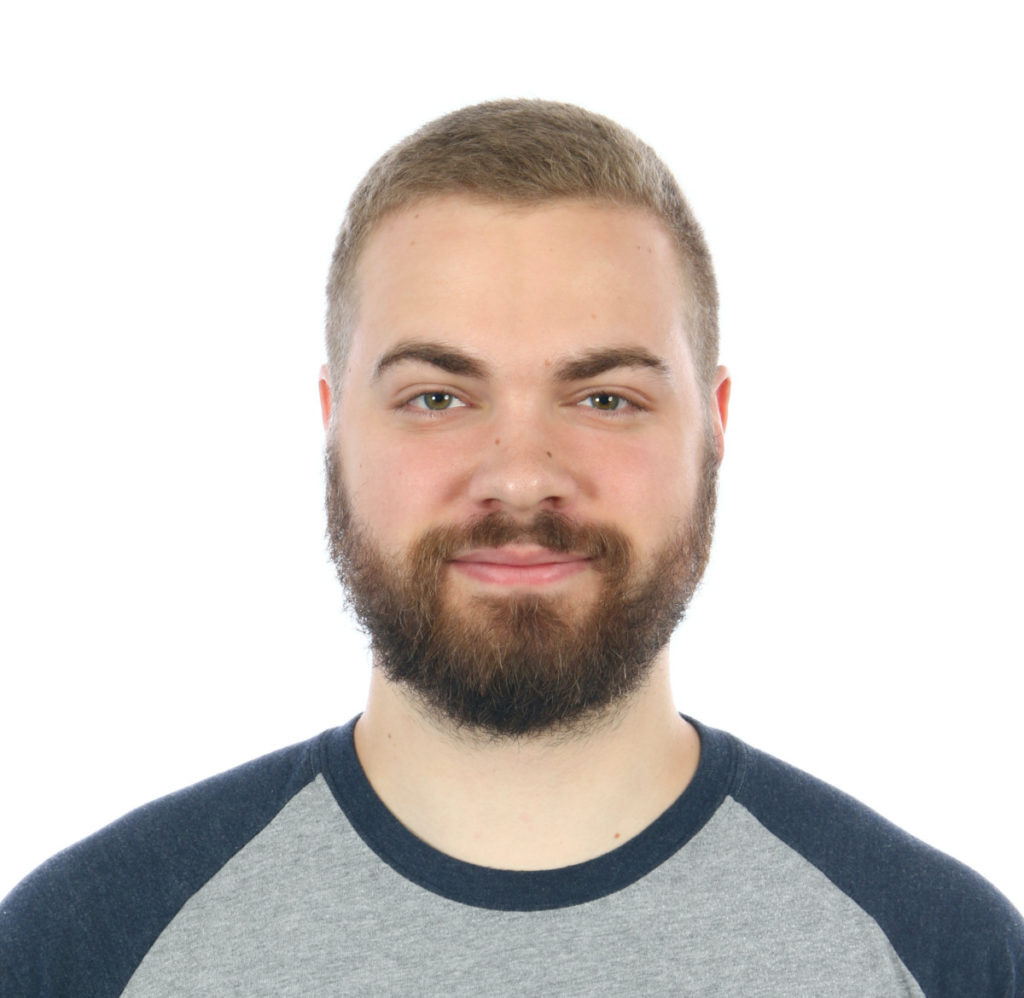




Recent Comments